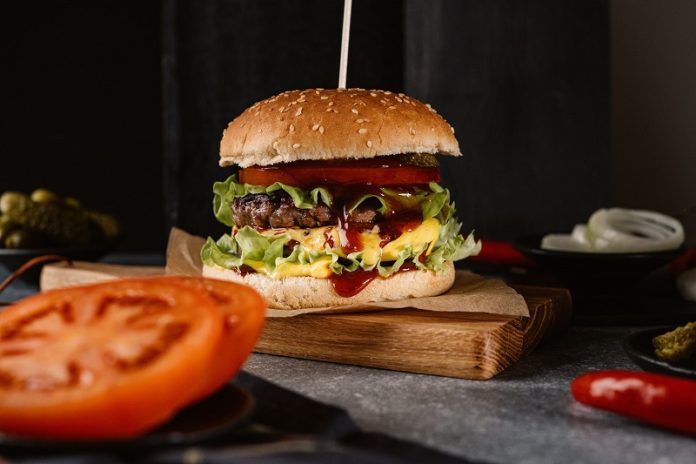
Scientists from The Second Affiliated Hospital of Chongqing Medical University found that eating fewer Ultra-processed foods may help reduce the risk of pancreatic cancer.
Pancreatic cancer occurs when malignant cells develop in a part of the pancreas.
This may affect how the pancreas works, including the functioning of the exocrine or endocrine glands.
Pancreatic cancer can occur in any part of the pancreas, but about 70% of pancreatic cancers are located in the head of the pancreas.
Although pancreatic cancer accounts for only 3% of new cancer diagnoses, it accounts for 8% of cancer deaths and is the fourth leading cause of cancer deaths in the United States for both men and women.
Ultra-processed foods are made using industrial processing methods and contain ingredients you wouldn’t usually find in your home pantry.
Processing methods used may include extrusion, moulding, chemical modification, and hydrogenation (which can turn liquid unsaturated fat into a more solid form).
These foods go through multiple processes (extrusion, molding, milling, etc.), contain many added ingredients, and are highly manipulated.
Examples are soft drinks, chips, chocolate, candy, ice cream, sweetened breakfast cereals, packaged soups, chicken nuggets, hotdogs, fries, and more.
Whether ultra-processed food consumption is linked to the risk of pancreatic cancer has not been determined.
In the current study, researchers aimed to fill this gap. They used data from 98,265 American adults from the Prostate, Lung, Colorectal, and Ovarian Cancer Screening Trial.
Ultra-processed foods were defined by the NOVA classification.
The team found during a follow-up of 9 years, 387 pancreatic cancer cases were found. High intake of ultra-processed foods was linked to an increased risk of pancreatic cancer.
The researchers further found that the positive association of ultra-processed food intake with the risk of pancreatic cancer was more pronounced in people younger than 65 years old.
These findings suggest that reducing ultra-processed food intake may help reduce pancreatic cancer risk.
The research was published in The International Journal of Cancer and conducted by Guo Chao Zhong et al.
Copyright © 2023 Scientific Diet. All rights reserved.





